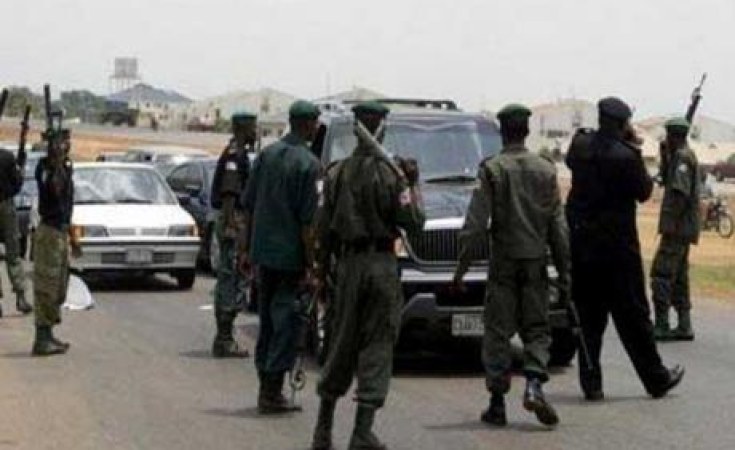West Africa is at a crossroads. As terrorists lay siege to embassies in the North of the continent, the “summer of siege” in West Africa has brought about at least one democratic country’s demise (Mali), and it threatens to unravel a decade of economic growth in the region.
Regrettably, some responses to Africa’s crises have made them worse, not better. A case in point is the response to Boko Haram, a fractured group of small-town terrorists in Nigeria’s north. A bill introduced by Senator Scott Brown calls for Boko Haram to be classified as a foreign terrorist organization, or FTO, the US government’s broadest legal mandate. Doing so would have exactly the wrong effect.
For most of its history, Nigeria’s religious groups have lived in peace. But growing inequalities between the North, where most of Nigeria’s Muslim population resides, and the South, where oil revenues are concentrated, have pushed the limits of these relations and helped create the current conditions of discontent.
Boko Haram is by any measure a fractured group of unemployed wannabe militants. Mr Brown’s bill frames them as anything but: coordinated, well-financed and ruthless. Only one of these characteristics is true, of course. As Nigeria’s Ambassador to the US Professor Adebowale Adefuye stated, “classifying Boko Haram as a FTO would only advance Boko Haram’s aspirations. Recognition by a sovereign the size and stature of the US would give them the title they seek and status they desire. It would legitimize their struggle and give them a fundraising platform otherwise unattainable from their current perch in northern Nigeria.” The State Department, recognizing that no external approach will solve the problem, has wisely ignored Senator Brown’s plea. It has, instead, classified only the so-called “leaders” of the group, for whom the classification would be most crippling.
In response to the threat posed by Boko Haram and other disparate groups like them, Nigeria’s strategy also includes important and dramatic economic measures to tackle both terrorism and economic inequalities. The country’s 2030 vision has outlined ambitious and innovative public investment goals. Efforts to rebalance oil revenues to the North, where Boko Haram’s following is greatest, are already under way. The recent announcement of the re-creation of the country’s sovereign wealth fund by Dr. Ngozi Okonjo Iweala, the country’s Minister of Finance and one of the world’s foremost development practitioners, will give the country yet another way to reinvest its wealth for future generations. Even the country’s central bank is promoting reform. Its governor, Sanusi Sanusi, has championed a plan to partially guarantee bank loans provided by Nigerian banks to small-holder farmers to help incentivize lending outside of the extractives industry.
Rebalancing the Nigerian economy and increasing transparency are part and parcel of a broader strategy that must include “smart cooperation” from the international community. International partners should not hide behind legalistic jargon and hope for the best. It should listen, learn and strengthen the hand of the Nigerian government as it looks to protect its citizens from the unprecedented and unpredictable forces threatening even the most developed militaries and security systems.


